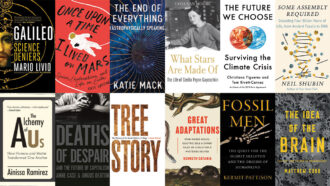
A good read became a cherished distraction this year as many of us stayed home more than ever during the pandemic. Biographies of scientific legends and lesser-known luminaries, tales of amazing animals and stories of exploration captivated Science News staff. Find in-depth reviews of our favorite books here.
Galileo and the Science Deniers
Mario Livio
Simon & Schuster, $28
The story of Galileo’s life, including his famous trial for heresy, has been told many times, but this new biography still feels relevant as opposition to science remains a threat (SN: 8/15/20, p. 26).
Once Upon a Time I Lived on Mars
Kate Greene
St. Martin’s Press, $27.99
Living atop a Hawaiian volcano for several months as part of a simulated Mars mission gives a writer perspective on what life might be like for future Red Planet denizens, plus a chance to examine isolation, exploration, love and other themes (SN: 7/4/20 & 7/18/20, p. 32).
The End of Everything
Katie Mack
Scribner, $26
The universe will one day cease to exist, and an astrophysicist takes a look at the various ways it could end. The author’s humor and awe of physics transform a bleak notion into a captivating read (SN: 8/1/20, p. 28).
What Stars Are Made Of
Donovan Moore
Harvard Univ., $29.95
In the 1920s, astronomer Cecilia Payne-Gaposchkin determined the chemical composition of stars. Her biography illuminates the persistent work that was required to make the discovery and the challenges she faced as a woman in science (SN: 2/29/20, p. 26).
The Future We Choose
Christiana Figueres and Tom Rivett-Carnac
Knopf, $23
The world is already suffering the consequences of climate change, but it’s not too late to achieve the goals of the Paris Agreement, the authors argue as they outline the steps readers and society as a whole can take (SN: 5/9/20 & 5/23/20, p. 38).
Tree Story
Valerie Trouet
Johns Hopkins Univ., $27
An expert guides readers through the field of dendrochronology, revealing the wealth of historical and climatic information recorded in tree rings (SN: 6/6/20, p. 30).
The Alchemy of Us
Ainissa Ramirez
MIT Press, $27.95
By surveying clocks, lightbulbs and other momentous inventions, a materials scientist demonstrates how humans have bent materials to their will and how those innovations have shaped humankind (SN: 4/25/20, p. 28).
Deaths of Despair and the Future of Capitalism
Anne Case and Angus Deaton
Princeton Univ., $27.95
Five years after introducing the concept of “deaths of despair” (SN Online: 11/2/20), two economists tie the rising number of U.S. deaths due to suicide, drug overdose and alcoholism to a string of economic and social stressors harming the working class.
Some Assembly Required
Neil Shubin
Pantheon, $26.95
For centuries, fossils were the main clues to past life. But as a paleontologist explains, advances in genetics over the last few decades have helped fill in new details about how life has evolved over the eons (SN: 3/28/20, p. 28).
Great Adaptations
Kenneth Catania
Princeton Univ., $27.95
From offering his arm to an electric eel to setting up a little fight club for wasps and cockroaches, a neurobiologist recounts what his sometimes unconventional experiments have uncovered about some of the world’s most remarkable creatures (SN: 10/10/20 & 10/24/20, p. 34).
Fossil Men
Kermit Pattison
William Morrow, $32.50
A journalist documents the intriguing backstory of one of the most significant, and controversial, discoveries in the field of paleoanthropology: the unearthing of the 4.4-million-year-old hominid skeleton known as Ardi in the 1990s. The book also describes how the fossil’s physical features challenged traditional ideas about how hominids evolved (SN: 11/21/20, p. 28).
The Idea of the Brain
Matthew Cobb
Basic Books, $32
The human brain has been compared to plumbing pipes, telegraph wires and computers. By learning how these concepts of the brain have changed over time, readers get a sense of how scientists came to understand the organ — and how much about the brain remains a mystery (SN: 4/25/20, p. 28).
These book reviews contain links to Amazon.com. Science News is a participant in the Amazon Services LLC Associates Program. Please see our FAQ for more details.

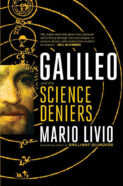
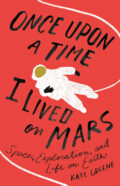
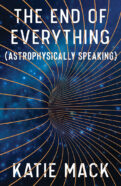
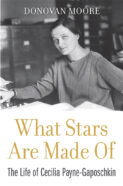
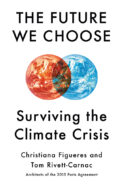
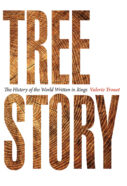
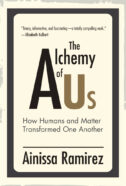

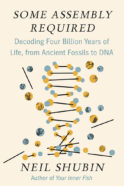
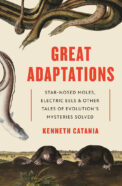
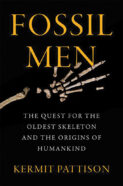
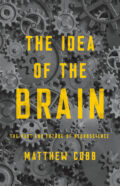
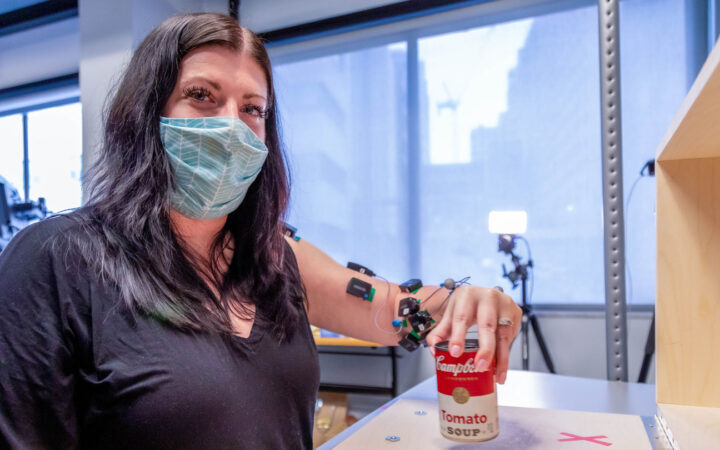 A new treatment could restore some mobility in people paralyzed by strokes
A new treatment could restore some mobility in people paralyzed by strokes 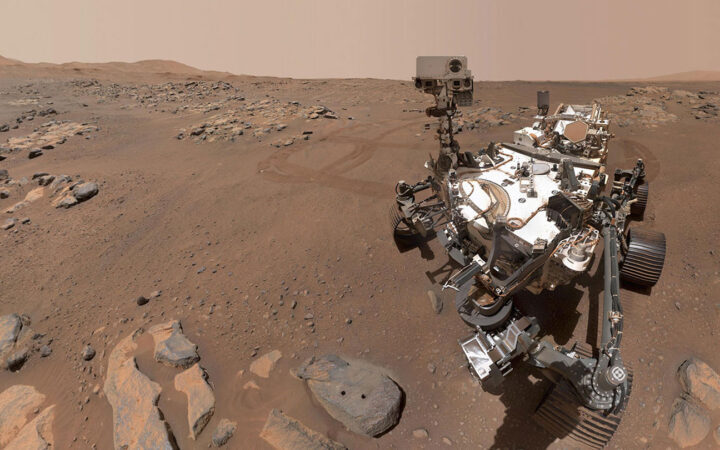 What has Perseverance found in two years on Mars?
What has Perseverance found in two years on Mars? 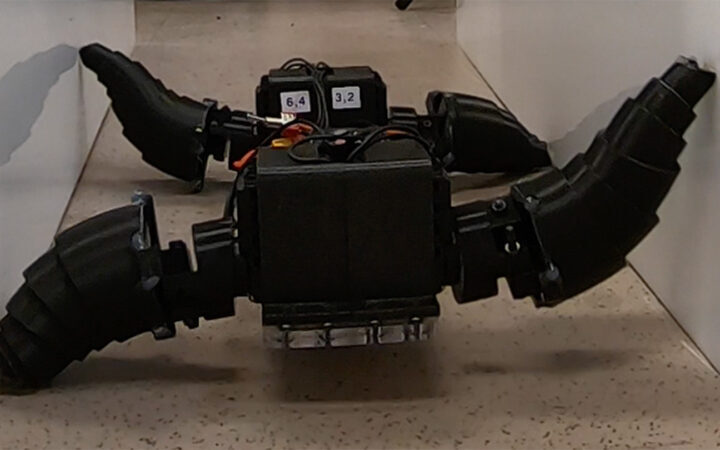 This robot automatically tucks its limbs to squeeze through spaces
This robot automatically tucks its limbs to squeeze through spaces  Greta Thunberg’s new book urges the world to take climate action now
Greta Thunberg’s new book urges the world to take climate action now 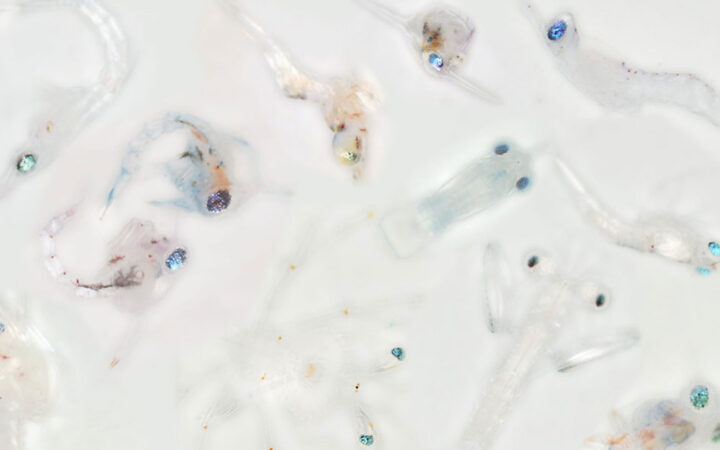 Glassy eyes may help young crustaceans hide from predators in plain sight
Glassy eyes may help young crustaceans hide from predators in plain sight  A chemical imbalance doesn’t explain depression. So what does?
A chemical imbalance doesn’t explain depression. So what does?